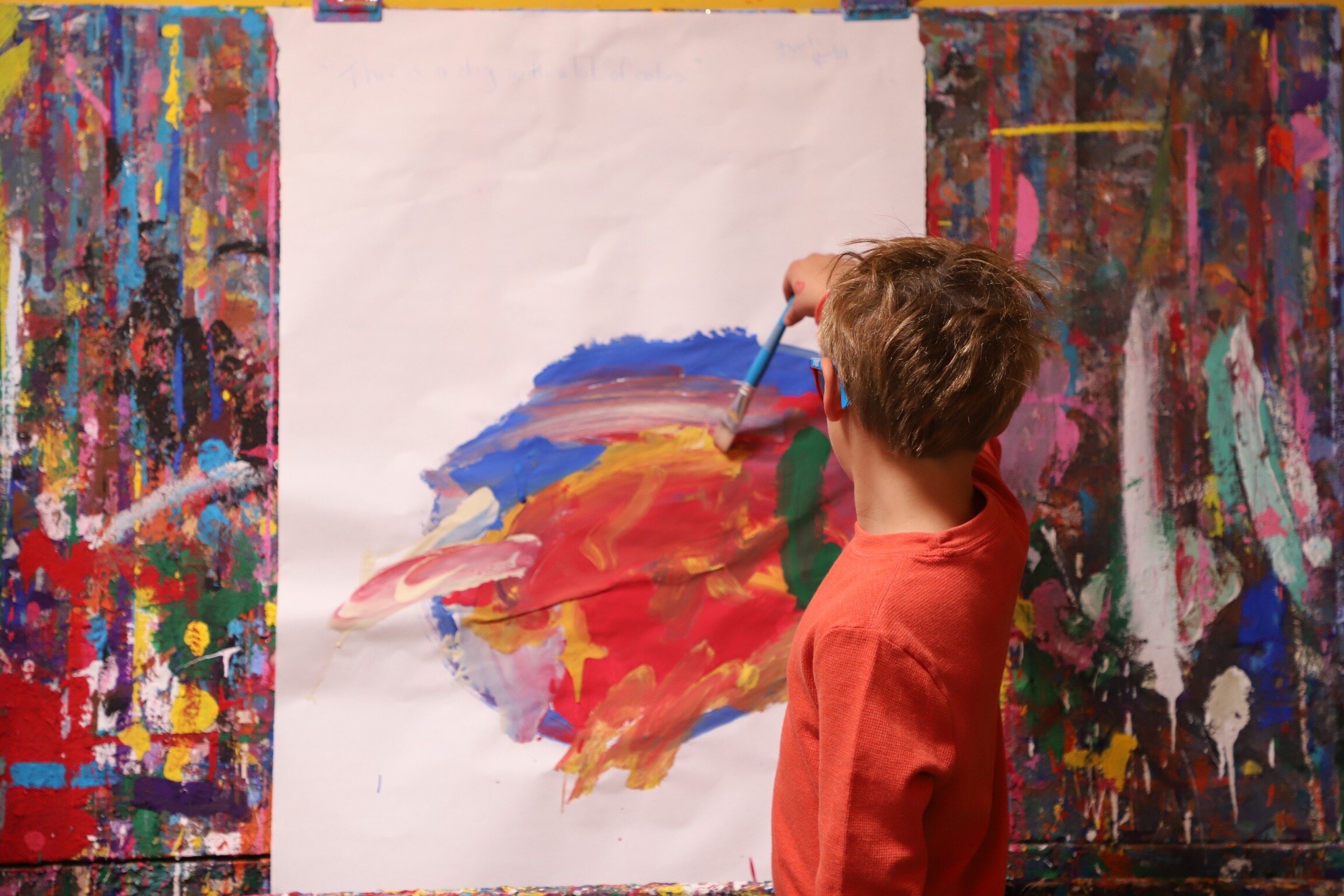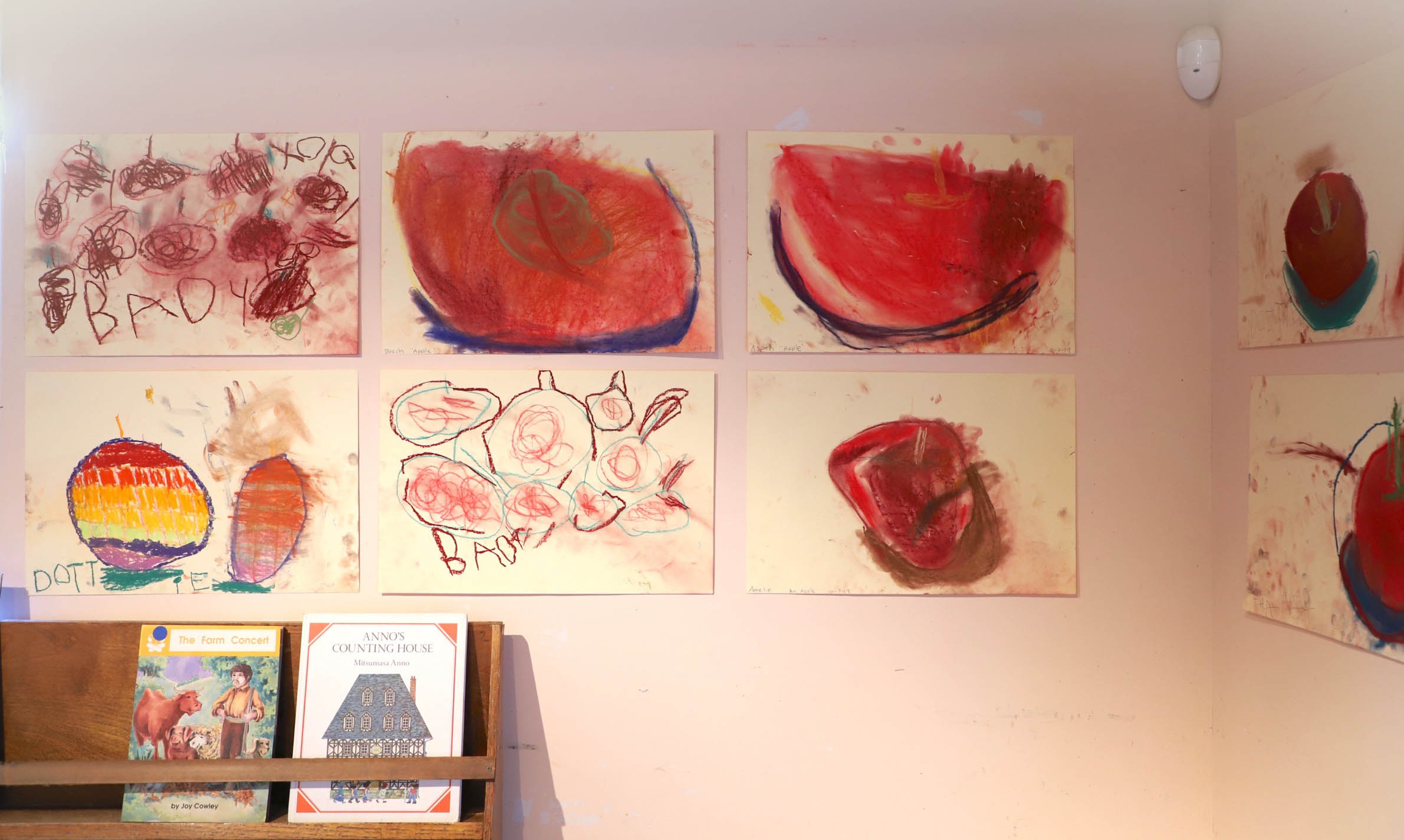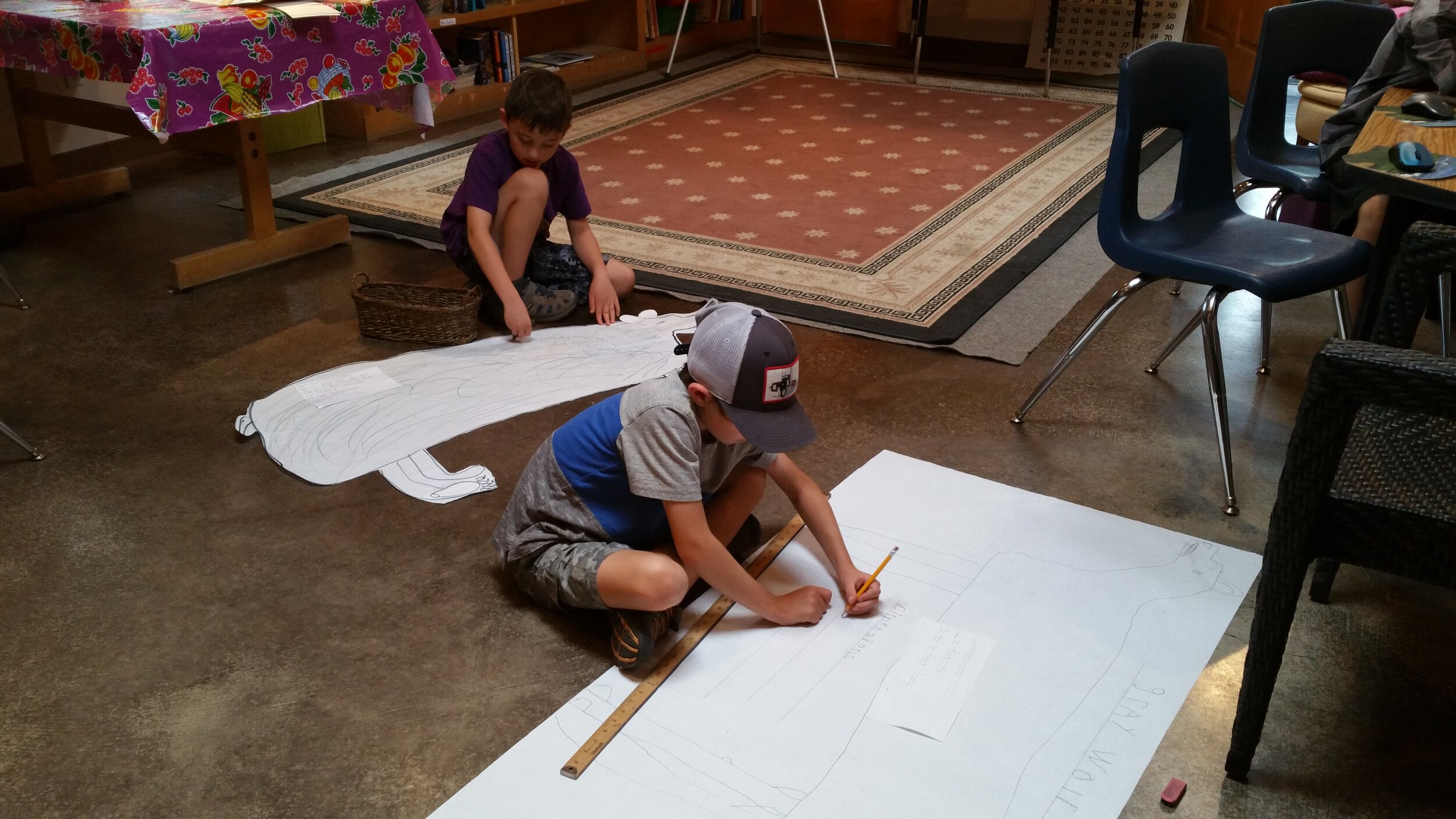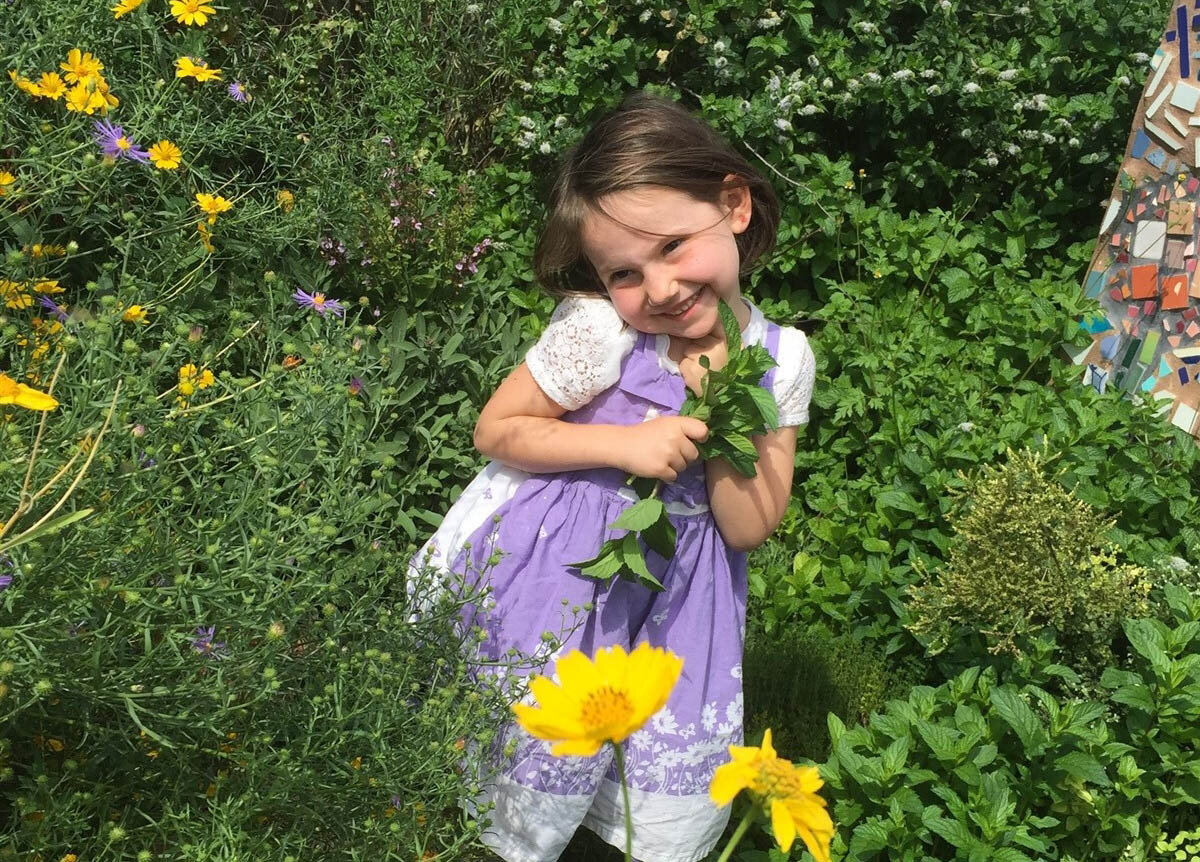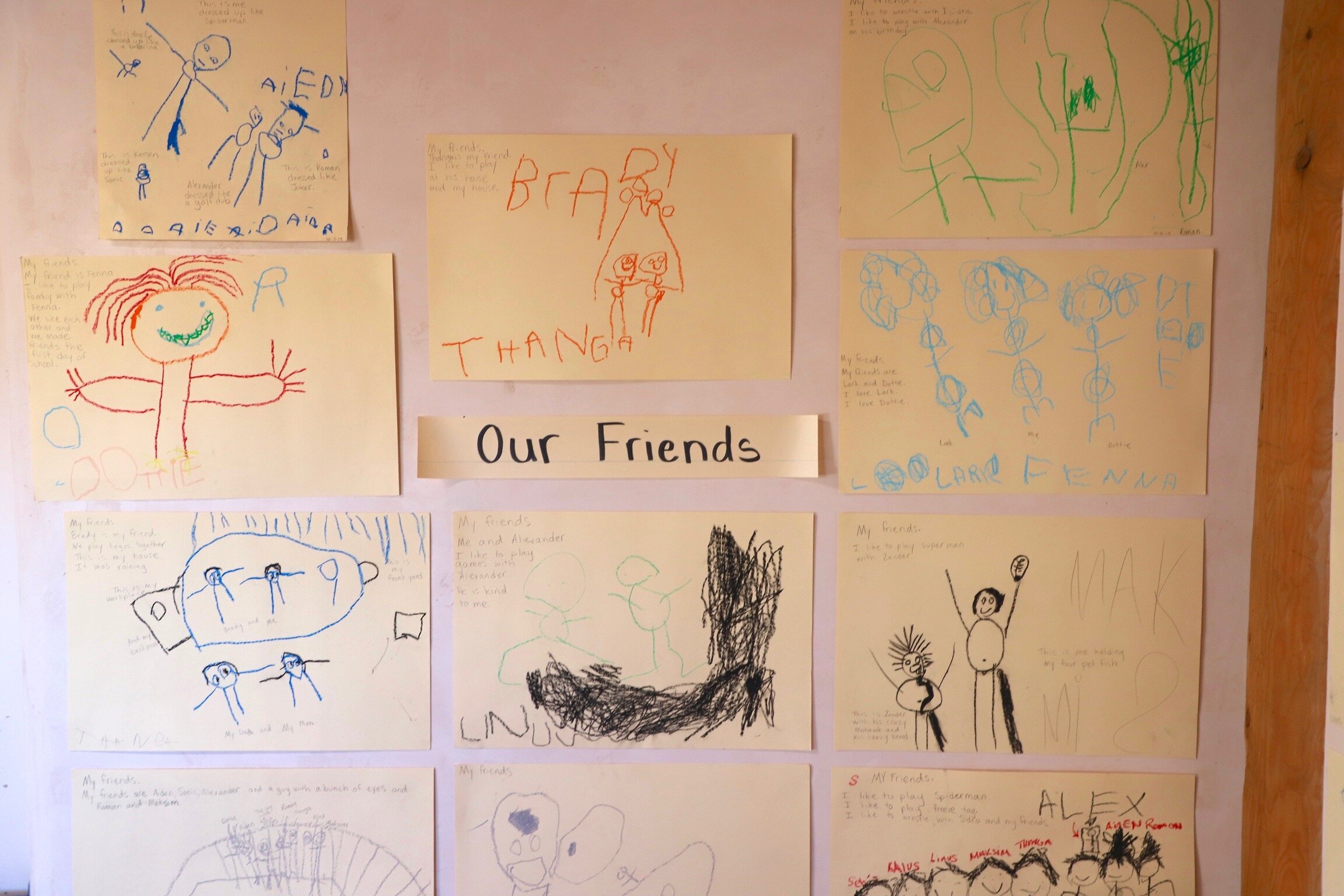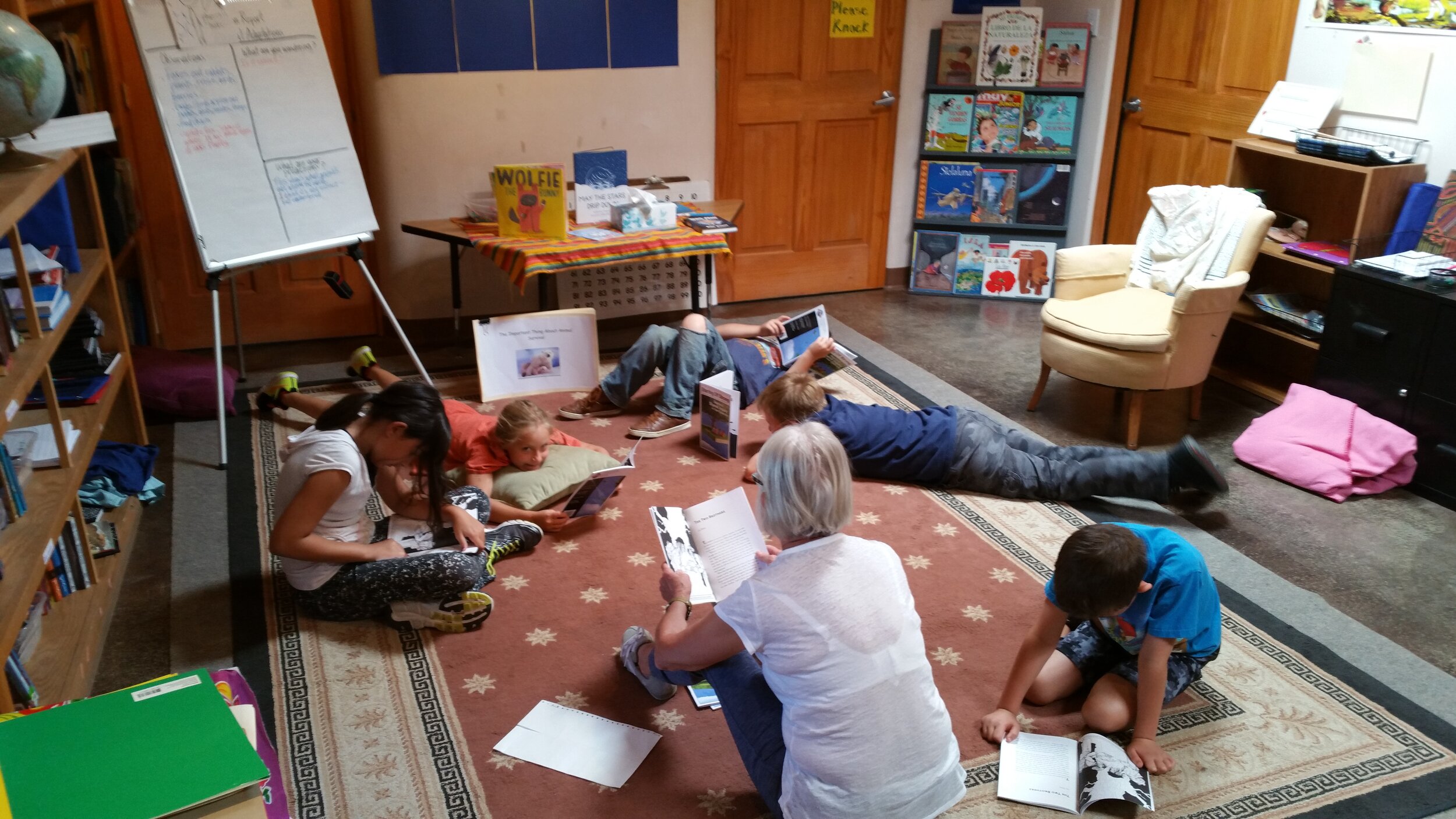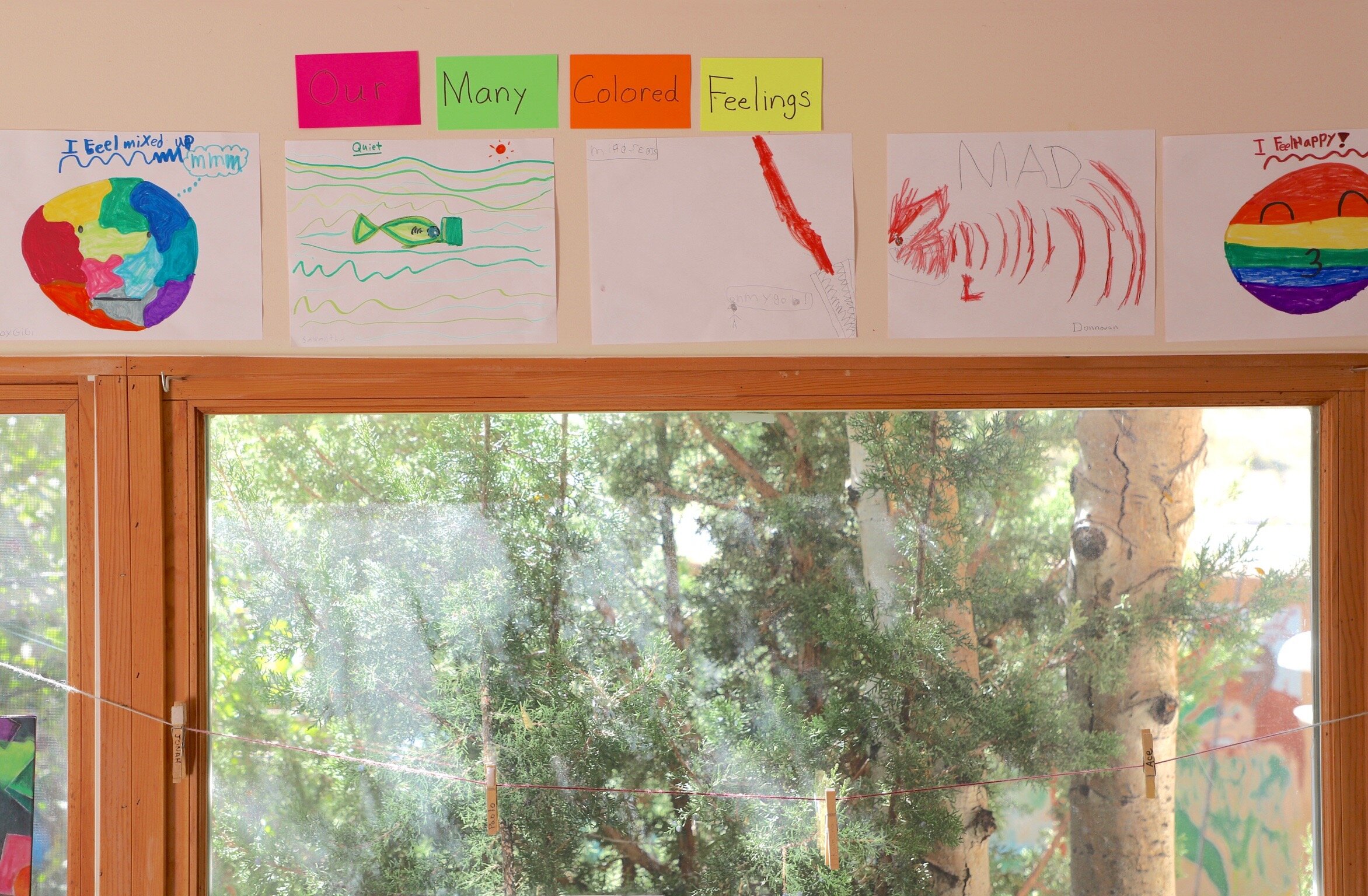Philosophy
Little Earth School's educational philosophy allows for every child to be treated as a valued individual with his/her own unique way of learning. The different strengths of each child are recognized and used as a way to inform our teaching and curriculum. Our school is a diverse community in which all members are respected. Every child is encouraged to share his/her experiences and traditions. We prepare our students to enter a diverse and ever-changing world.
As children acquire knowledge and skills, they are able to use what they have learned to understand multiple perspectives and to be self-reliant problem solvers.
Hands-on experiences are the backbone of our curriculum. Every aspect of Little Earth School’s curriculum is enriched through a long tradition of incorporating the performing and visual arts, music and storytelling as essential elements. Children are active learners who participate daily in meaningful work. It is our belief that children’s desire to learn starts with their questions and interests. Our planned instruction makes room for the sparks of enthusiasm and insight that come from each unique group of students. And children’s learning does not stop when they walk out the classroom door. At Little Earth we create many organized learning situations outdoors on the playground, as well as on field trips and overnight camping experiences. We help children to value and enjoy the natural world.
Within a safe learning environment, children can test what they’ve learned in relevant and concrete situations. As boundaries expand and freedom increases, teachers encourage students to set goals for themselves and develop self-discipline and responsibility. Meeting goals and accomplishing tasks independently gives children a sense of confidence and self-esteem.
Lastly and fundamentally, in the classroom and on the playground, effective communication and collaboration are taught and practiced. Children learn social-emotional skills, which they can then use to resolve conflicts through listening and talking, and in doing so, increase their understanding and respect for themselves and others.


